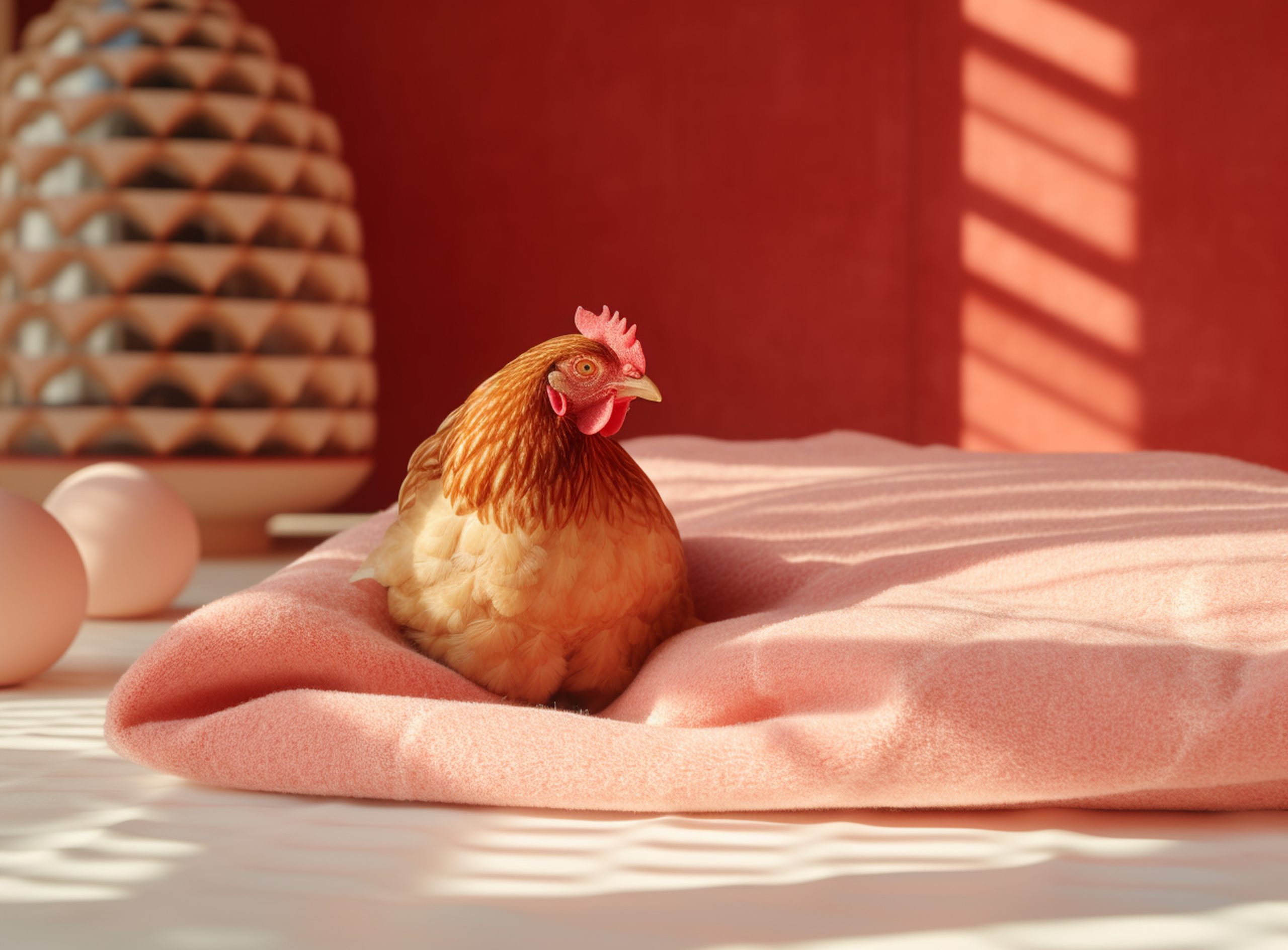In a landmark decision, the state of Maharashtra has become the first in India to grant agricultural status to livestock and poultry farming, officially approved by the state cabinet on July 11, 2025. This move marks a historic policy shift, recognizing the role of animal husbandry as central—not secondary—to India’s rural economy.
For decades, India’s agricultural policies have heavily favoured crop farming. Livestock and poultry—though vital to rural livelihoods—were labelled as “allied activities,” which excluded them from core benefits like subsidized electricity, tax exemptions, and formal credit. But now, Maharashtra is set to change the narrative for over 37 million livestock farmers, including those in poultry, dairy, goat, sheep, and fisheries.
🐣 What This Means for Poultry Farmers
Poultry farmers will now enjoy lower electricity tariffs, drastically cutting down operating costs of broiler units, hatcheries, and sheds. Access to Kisan Credit Cards, low-interest agricultural loans, and subsidized solar equipment will enable farmers to scale operations, invest in quality feed, and adopt more energy-efficient systems.
Local levies and taxes on poultry infrastructure will also be aligned with agricultural norms instead of commercial rates, helping small and medium poultry farms thrive.
🚜 Key Benefits Across Livestock Sectors
- Electricity at Agricultural Rates: Fish ponds, cattle shelters, and poultry sheds now qualify for agricultural power tariffs.
- Tax Relief: Significant cuts in local taxes and access levies for livestock operations.
- Institutional Credit Access: Farmers become eligible for Kisan Credit Cards and schemes like the Deshmukh Interest Relief Scheme.
- Subsidised Solar Infrastructure: Solar-powered pumps and infrastructure at reduced rates.
💡 Boost to Rural Economy
The government estimates an additional ₹7,080 crore in annual rural income through this decision. This aligns with policy recommendations from ICAR and NITI Aayog, which emphasize scientific livestock development, disease control, and value chain integration.
It also opens up new opportunities in the processing and export of milk, meat, eggs, leather, and wool—bringing the sector closer to global agricultural standards.
⚠️ Challenges to Watch
Experts caution that implementation is key. Land-use classifications, zoning restrictions, and bureaucratic red tape may delay real benefits. For true transformation, capacity building, monitoring systems, and awareness campaigns will be essential, especially for smallholder farmers.
🐔 A Bold Step Forward
This is more than a policy change—it’s a paradigm shift. For the first time, livestock and poultry farming are being placed on equal footing with traditional crop cultivation. As Maharashtra sets the example, other states may soon follow, creating a more inclusive and resilient agricultural economy.
Download Eggora Poultry App: https://www.eggora.com/download-app
Stay updated with the latest poultry news, government schemes, and tools to grow your farm!
